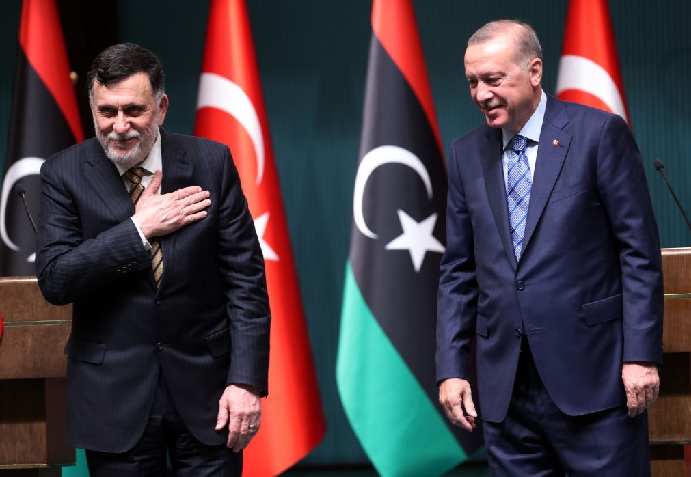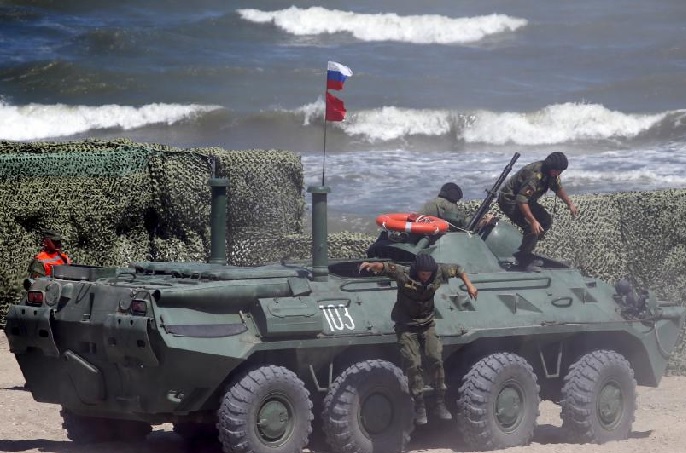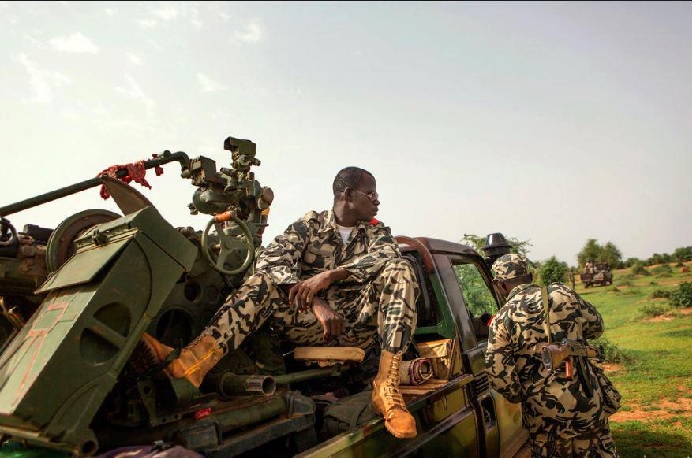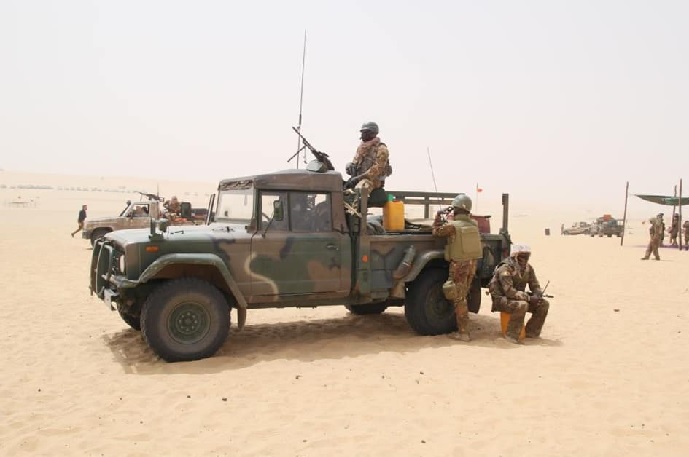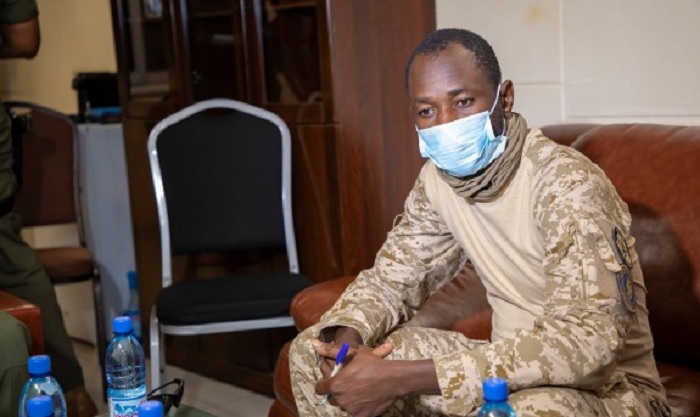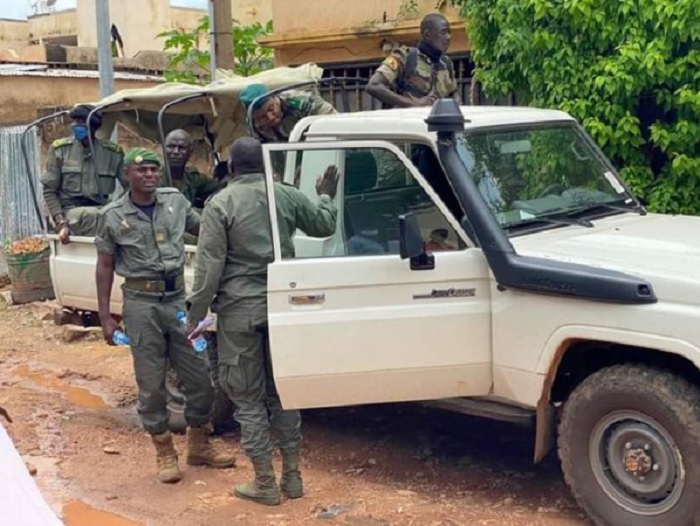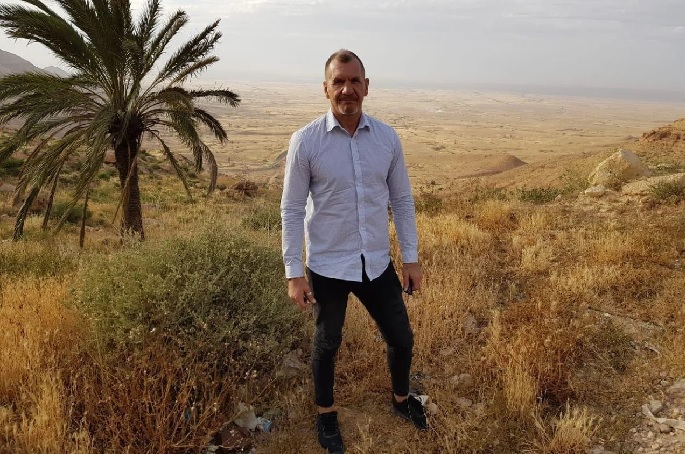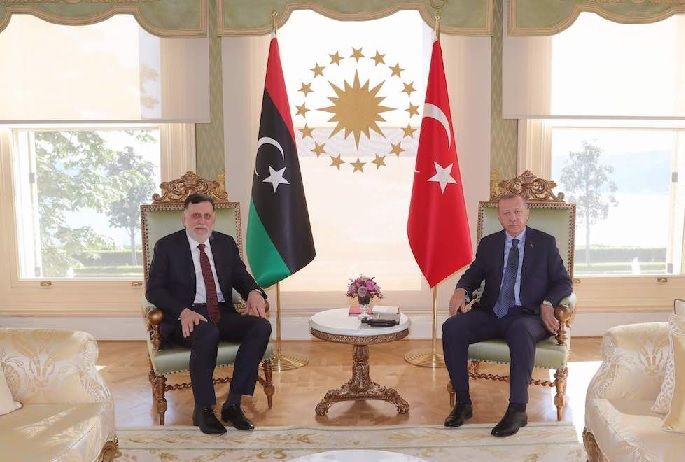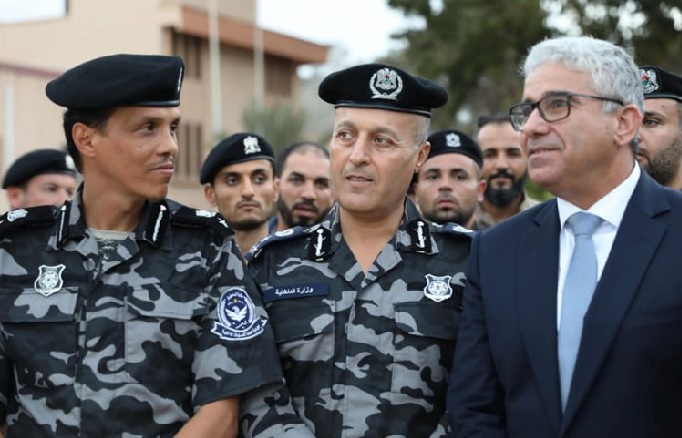Mali: un putsch salutaire?
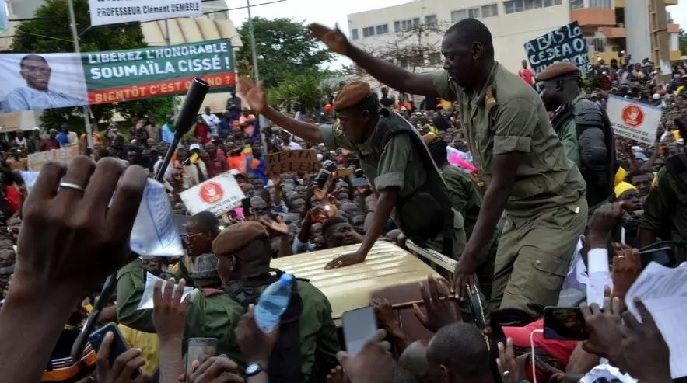
Rarement un coup d’état militaire n’aura été aussi bien accueilli par la population d’un pays.
Le 18 août dernier, le président malien Ibrahim Boubacar Keita et son premier ministre Boubou Cissé sont arrêtés par des mutins et conduits au camp de Kati. Le soir-même, à Bamako, des soldats fraternisent avec les manifestants qui depuis des mois réclamaient le départ d’IBK, accusé de corruption et d’inertie face à l’insécurité croissante.

